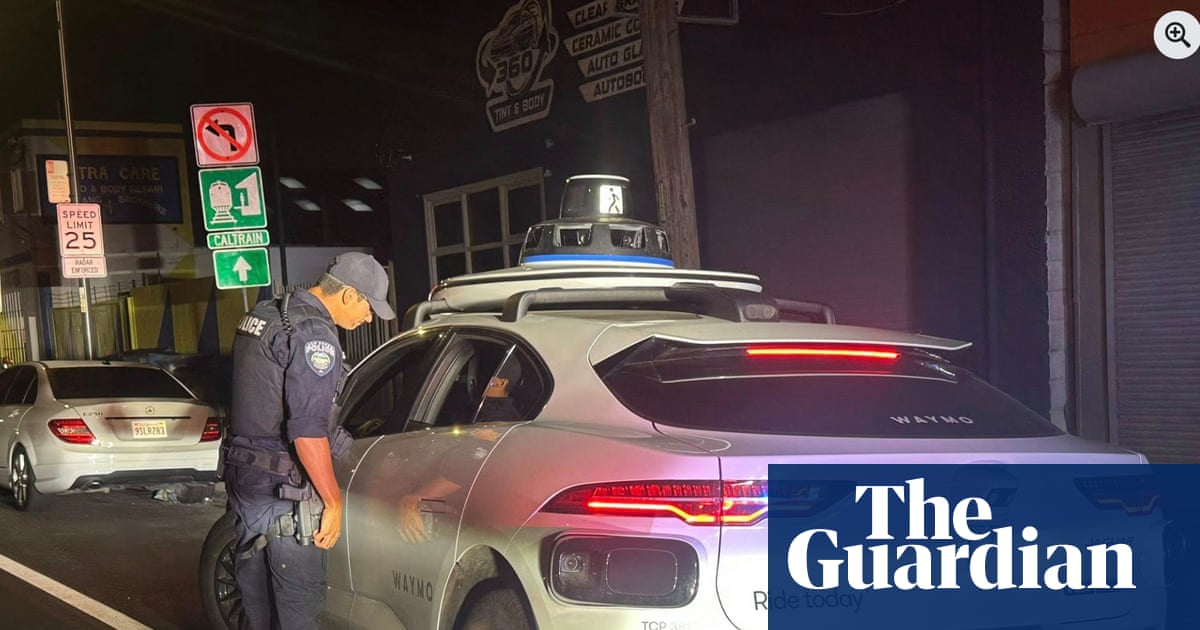Caught Red-Handed! Can a Driverless Car Get a Ticket for Illegal U-Turn?

Imagine this: a car pulls off an illegal U-turn, but there’s no one behind the wheel. Sounds like a scene from a sci-fi movie, right? Well, it actually happened last week in San Bruno, California, and it left local police grappling with a mind-bending question of the modern age.
During a routine DUI enforcement operation, officers encountered a Waymo vehicle—one of the leading autonomous ride-hailing services in the San Francisco Bay Area—making a sneaky illegal U-turn at a traffic light. The twist? There was no human driver present to take the blame. A hilarious and perplexing moment for the San Bruno police led to a post where they humorously noted, “Since there was no human driver, a ticket couldn’t be issued (our citation books don’t have a box for 'robot').”
The police department didn’t leave it at that; they promptly informed Waymo about the glitch, expressing hopes that reprogramming might prevent any further traffic faux pas. In response, Waymo affirmed, “Our Waymo Driver is designed to respect the rules of the road. We’re committed to improving road safety through our ongoing learnings and experiences.”
But here's where it gets interesting: Last year, California Governor Gavin Newsom signed a bill that grants police the ability to issue a “notice of noncompliance” if driverless cars break traffic laws. Set to go into effect in July 2026, this law aims to tackle the increasing incidents of autonomous vehicles misbehaving on the streets—think blocking traffic, dragging pedestrians, or interfering with emergency services.
The legislation, introduced by Assemblymember Phil Ting of San Francisco, mandates that companies must set up an emergency hotline for first responders. In urgent cases, first responders can instruct a company to relocate its vehicles, giving them just two minutes to comply.
Amid criticism that officers were being too lenient with the Waymo incident, the San Bruno Police reaffirmed the existence of upcoming legislation that would allow them to issue notices to the vehicle’s company.
Waymo, which began its journey as a project under Google’s X lab in 2009, relies on an array of external cameras and sensors for navigation. However, it has faced its share of challenges, including a recall of over 1,200 vehicles earlier this year due to a software issue that caused collisions. Furthermore, last year saw the National Highway Traffic Safety Administration investigating the company following reports of its cars behaving erratically or flouting traffic safety laws.




























